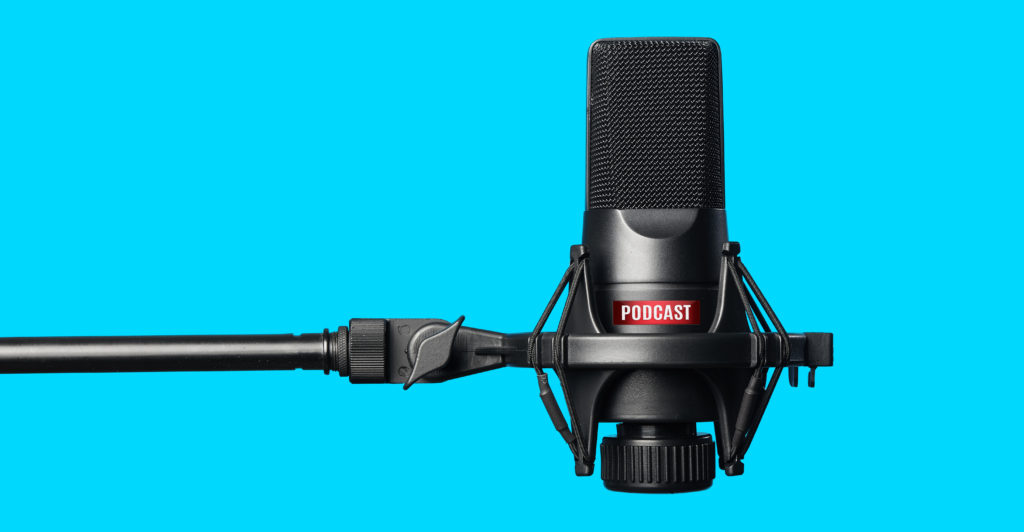
For the Danish digital magazine Zetland, the answer was a resounding “audio” when the publication asked editors what they wanted. It is the same reaction everywhere. Podcasts and anything related to audio are popular. Indeed, there is nothing new about sound, but now we know that millennials specifically love to hear their stories.
This article gives us a detailed account of how Zetland raised money for an audio news operation. It all started with reporters simply reading their stories into a microphone in 2016. Soon Zetland was offering two audio stories a week. By 2017 Zetland reporters were narrating every story they wrote. Now there is a new playlist each day, ranging from a podcast to narrated articles.
For those who think that just simply reading articles into a microphone might be boring for the audience, These listeners have largely moved beyond the perception — once often lobbed at audiobooks —that hearing text read aloud isn’t as effective a way of processing information as reading, and research offers promising support to back them up. For those not served by a publisher or an app, the technology for turning text into computerized speech is becoming more advanced and more ubiquitous; if audio isn’t available for a story, a smartphone app can create it, with increasingly human-like voices.
It is important to note that Harvard Business Review (HBR), The Economist, The New Yorker, and The Atlantic are among the magazines now offering an increasing number of narrated articles.
And an important tip from this article:
As publishers think about where their partnerships take their stories, they’re also thinking about how these stories are written. At Zetland, Mosbech says the writing has “gotten a bit shorter, in terms of sentences and maybe also general length of articles,” in response to the success of narration. And 32 articles into its partnership with Noa, HBR is considering the role audio will play in its future. Hoch wonders if audio considerations might come earlier in the editorial process, rather than at the end when pieces are sent to Noa for narration. “If we get down to what is the point of all this: We are craving information, we are craving learning, we are craving stories being told to us,” Plaut says. “And the means by which it gets to us, I want to think, is more personal preference than anything else.” Or, as Mosbech puts it, “You should always be able to both read and listen.”
Let The Story guide your mobile first strategy!
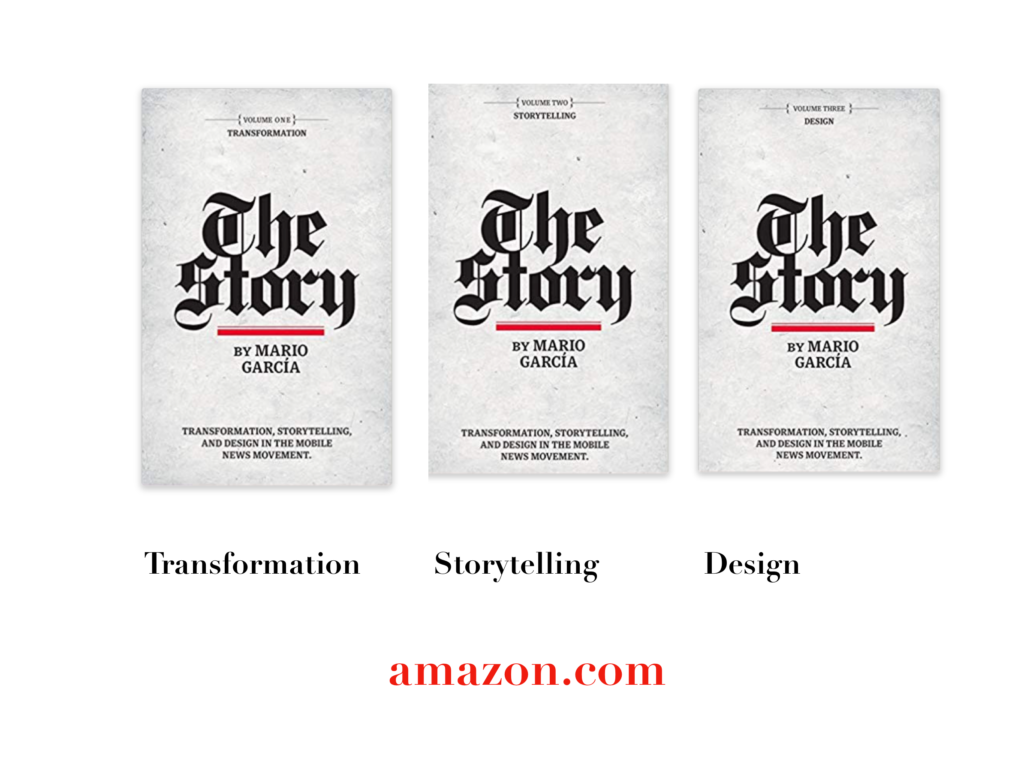
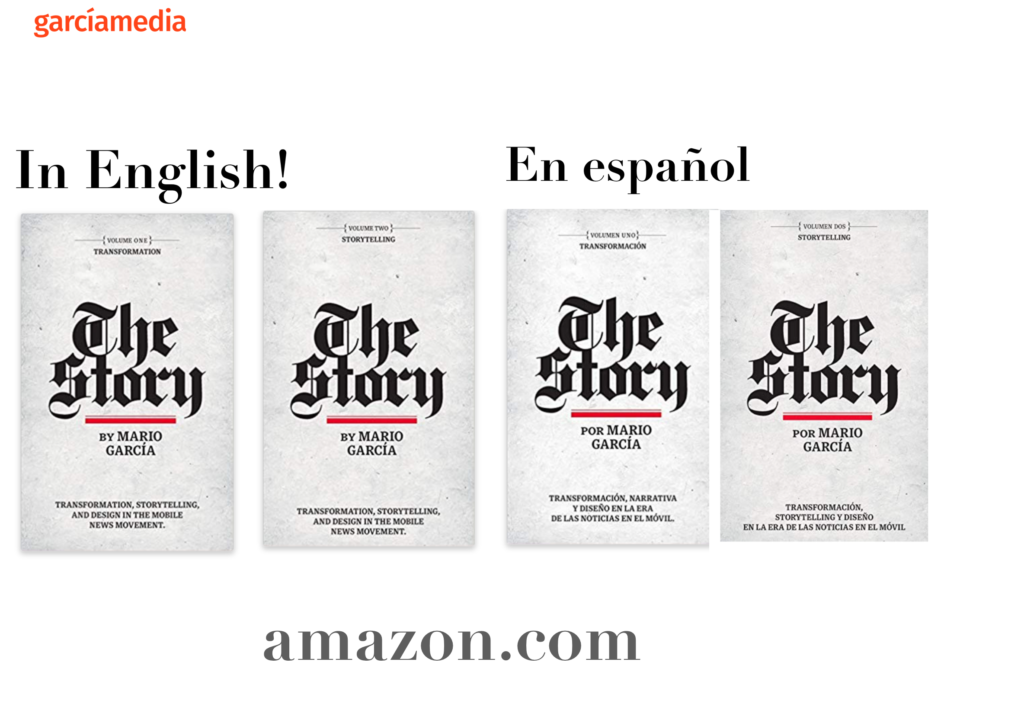
A good read to start the year 2020: The full trilogy of The Story now available–3 books to guide you through a mobile first strategy. Whether you’re a reporter, editor, designer, publisher, corporate communicator, The Story is for you! https://amazon
Mario’s speaking engagements
March 5, 2010- Hapag-Lloyd Event, Hamburg, Germany
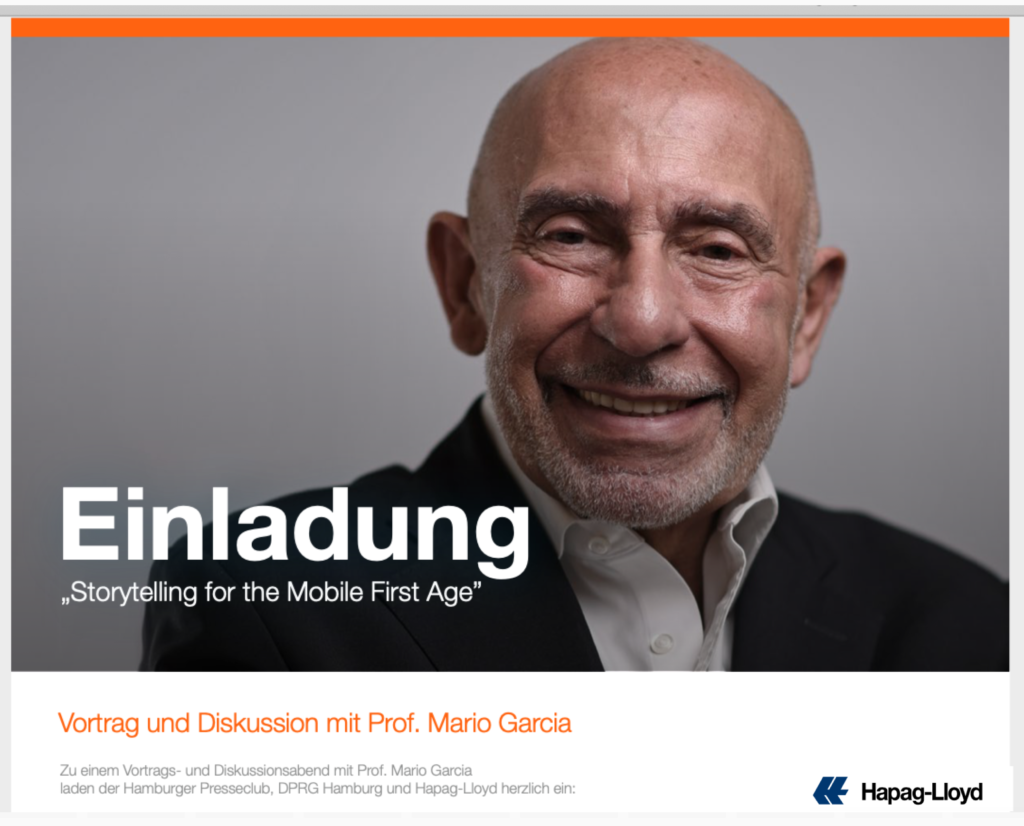
March 13, 2020, National Media College Association, New York City, NY, USA
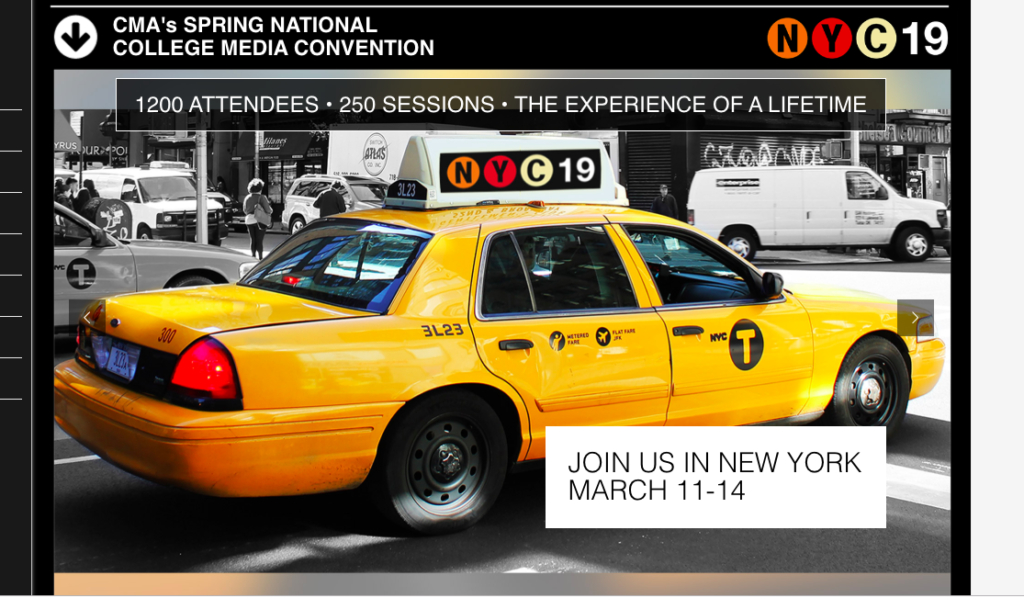
Keynote presentation at the National Media College Association Spring Convention.
March 27, 2020, New York Press Association (NYPA), Sarasota Springs, NY, USA

April 22, 2020, Newscamp 2020, Augsburg, Germany
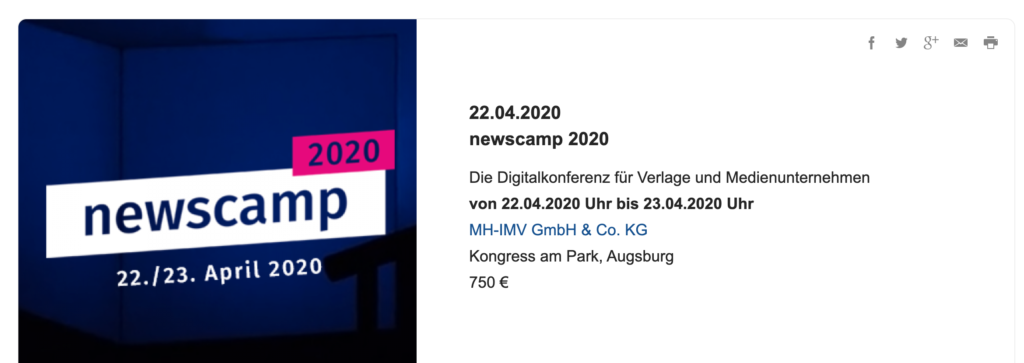
https://medienkalender.bayern/event/newscamp-2020
April 26, 2020, INMA World Congress, Paris, France
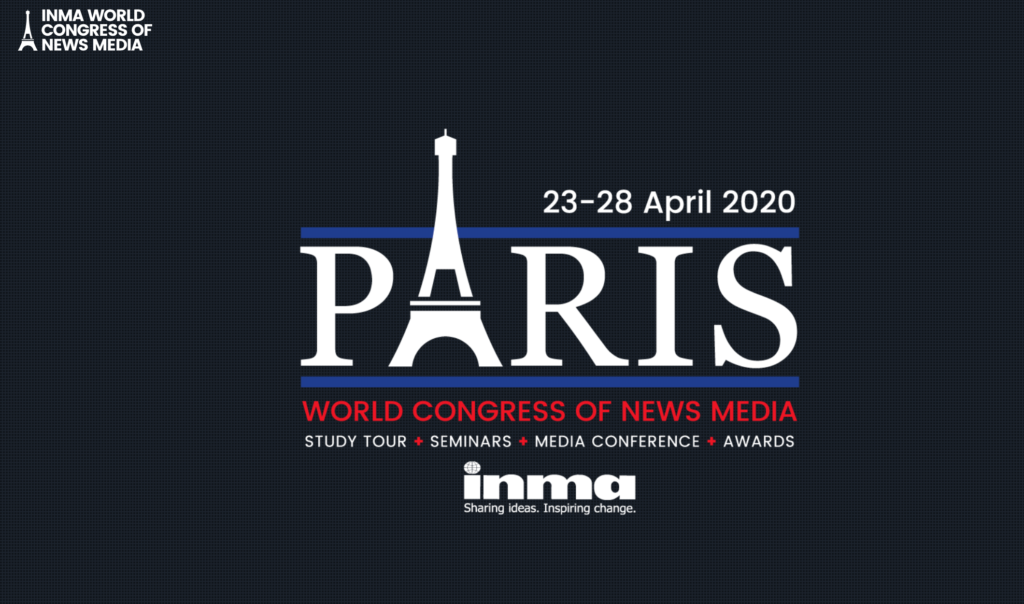
TheMarioBlog post # 3214